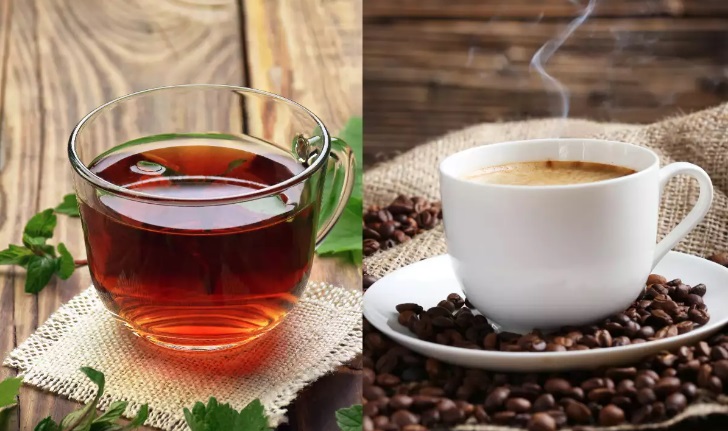Are you a mosquito magnet? It could be your soap
First Published: 13th June, 2023 8:20 IST
Lathering with soap could be one of the reasons you become more attractive to mosquitoes
Soapy fragrances can make you a target for mosquitoes as they supplement sugar intake with plant nectar when not feeding on blood.
Lathering with soap could be one of the reasons you become more attractive to mosquitoes, says a study, as per a report by India Today.
Soapy fragrances can make you a target for mosquitoes as, according to the researchers, they supplement sugar intake with plant nectar when not feeding on blood.
Fragrance is something that people gravitate towards to alter their smell, with fruity and floral being the famous scents.
Virginia Tech researchers in the College of Agriculture and Life Sciences published a study in the journal iScience that found that certain soaps could make people more or less attractive to mosquitoes.
Lead researcher of the study Clement Vinauger said that just by changing soap scents, someone who already attracts mosquitoes at a high-than-average rate could further amplify or decrease that attraction.
The India Today report further said that he team studied the connection between soap and mosquito attractiveness with the help of four volunteers. First, they studied the unique scent profile of each individual, unwashed and washed with each Dial, Dove, Native and Simple Truth soaps.
It was found that over 60 per cent of what is smelled after washing comes from soap rather than natural body odours.
“The other aspect is that it’s not simply adding stuff to our body odour, but it’s also replacing some chemicals while eliminating others that are washed away,” Clement Vinauger said.
“So we think there is a lot of chemical interaction between our natural chemicals and soap chemicals,” he added.
Some soaps increase host attractiveness for mosquitoes while others reduce it, the study stated.
To find nutrients, mosquitoes use volatile organic compounds (VOCs) emitted by plants and animal hosts.
To test the interactions between smells, the researchers released mosquitoes in a meshed cage that had two cups containing odour extracts and gave them a choice – unwashed scents gathered from the individuals or their washed scents.
Tests were repeated for the various combinations of scents. In terms of fragrance preferences, three of the four soaps increased mosquito attractiveness while one decreased.
All of the soaps had a fruity or flowery scent. The one that decreased attractiveness was the coconut scent.
As per the researchers, coconut-scented soap reduced mosquito attractiveness. The conclusion drawn from the study, as per the team, was that soap is only one part of the equation.
Deodorants, laundry detergents, and other scented products could also play a factor.
COMMENTS

TOPMOST STORY NOW

Live Assam Shocker: Tiger Kills Man, Eats His Body Parts
22nd December 2024
Live Assam: BPF Faces Severe Fund Crunch Ahead of BTC Elections
22nd December 2024
Live BPF is facing severe fund crunch: Party chief Hagrama Mohilary
22nd December 2024
Live HM Shah Inaugurates and Lays Foundation for 13 Development Projects Worth Rs 668.39 Cr in Tripura
22nd December 2024WE RECOMMEND

Can Your Morning Milk Make Antibiotics Useless?
This effect is particularly problematic for specific types of antibiotics, which are essential drugs used to treat bacterial infections.
21st October 2024
Diet has significant impact on risk of Alzheimer’s disease: Research
Diet has significant impact on risk of Alzheimer's disease: Research
18th September 2024
Beat the heat: 5 irresistibly refreshing mango drinks to try this summer!
Here are five mango drinks that will cool you down and tantalize your taste buds.
07th June 2024
5 essential tips to prevent dehydration and heat stroke
Here are five tips to keep you safe and cool during the sweltering months:
23rd May 2024
ICMR warns against sipping tea or coffee just before or after meals. Here is why
While the ICMR has not asked people to completely avoid tea or coffee, but it has cautioned consumers to beware of the caffeine content in these beverages.
14th May 2024

